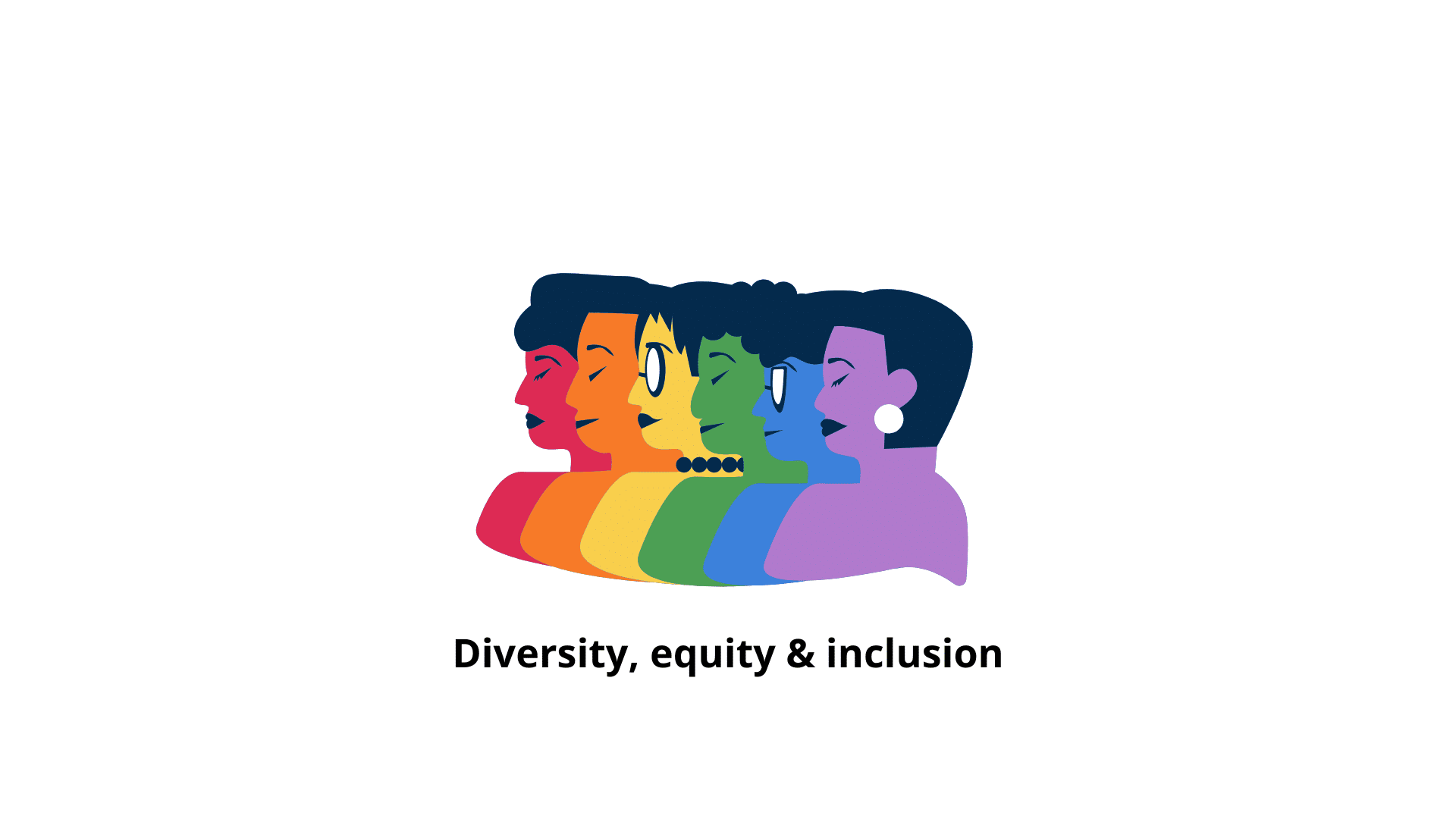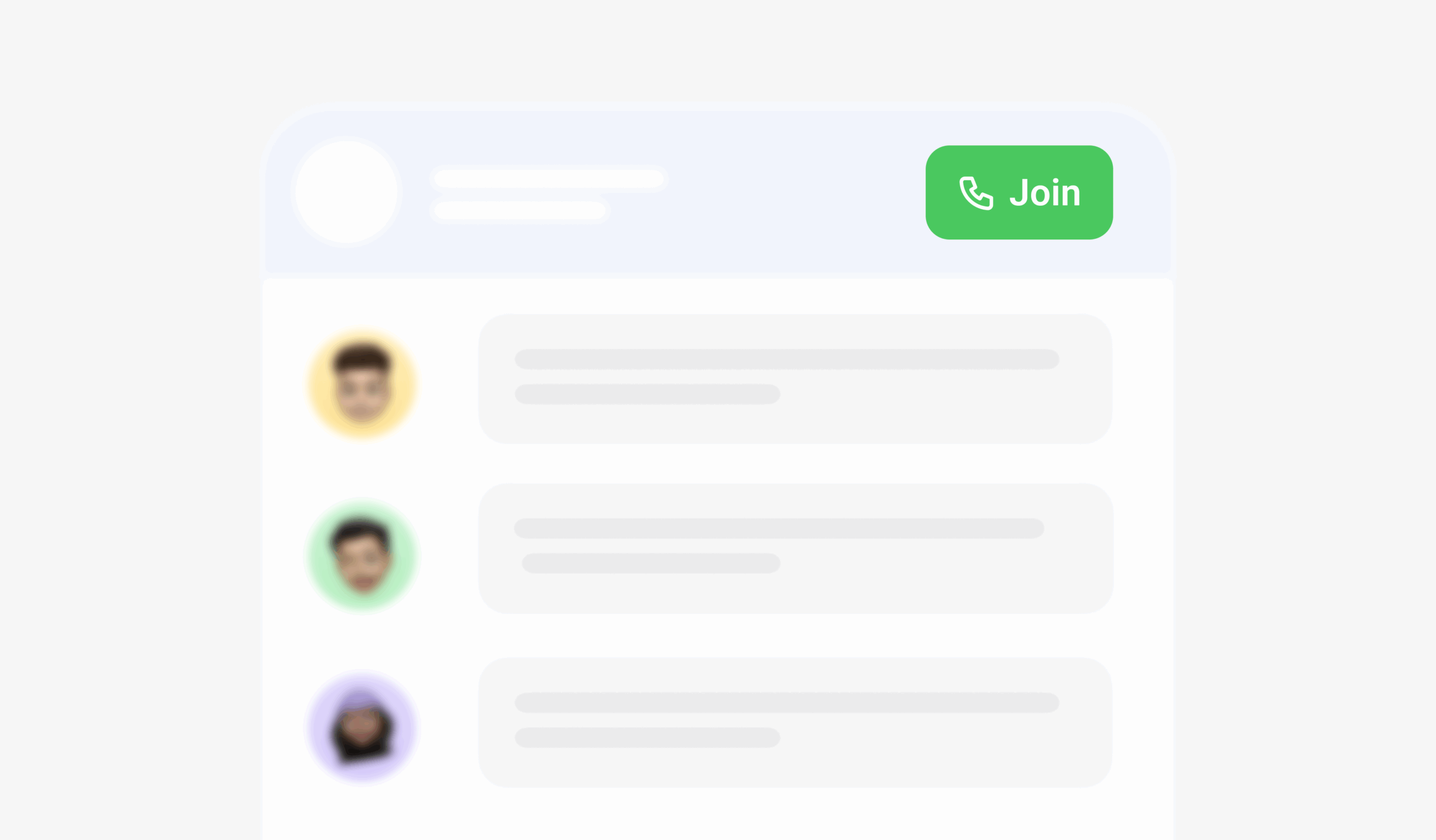Introduction
Imagine a workplace where every employee feels represented, valued, and empowered to succeed—a truly inclusive environment where talent is respected, regardless of background. This vision is becoming the new standard in today’s evolving workforce, thanks in part to DEI hiring practices. Diversity, equity, and inclusion (DEI) have moved from being buzzwords to critical pillars in hiring strategies. In this article, we’ll explore what DEI hiring is, why it matters, and how HR professionals are central to leading these changes. You’ll walk away with a clearer understanding of DEI hiring and the tools HR can leverage to build a more inclusive workforce.
What Is DEI Hiring?
At its core, DEI hiring is about creating fair, welcoming, and representative workplaces. But what does each component—diversity, equity, and inclusion—really mean?
- Diversity is the practice of having people from various backgrounds, experiences, and perspectives in the workforce. This can include race, gender, age, socioeconomic status, physical ability, sexual orientation, and beyond.
- Equity ensures fair treatment, access, and opportunities for all, while striving to identify and eliminate barriers that historically excluded certain groups.
- Inclusion is the practice of creating a supportive environment where all individuals feel welcome, valued, and able to contribute fully.
These three concepts together shape DEI hiring: attracting a diverse pool of candidates, providing equal opportunities for all, and fostering an inclusive workplace where everyone thrives. With more organizations recognizing the value of DEI, hiring strategies are evolving to address biases, broaden talent pools, and ensure all voices are represented.
Learn more about the broader importance of diversity and inclusion in the workplace on Humand’s DEI blog.
Why DEI Hiring Matters in Today’s Workplace
The benefits of DEI hiring extend far beyond optics—they impact a company’s culture, productivity, and innovation. Research consistently shows that diverse teams outperform others, offering unique perspectives that drive creativity, problem-solving, and decision-making. In fact, companies with diverse teams see up to a 19% higher revenue rate, according to a recent report by BCG. Diverse companies also have a 70% higher chance of capturing new markets and customers, as varied perspectives lead to more tailored, inclusive products and services.
The Role of HR in DEI Hiring
Human Resources (HR) professionals are at the heart of implementing DEI hiring practices. They not only facilitate the recruitment process but also set the tone for an inclusive company culture. Here’s how HR professionals can contribute to building a DEI-focused hiring strategy:
1. Shaping Policy and Setting Standards
HR has the power to influence hiring policies, ensuring DEI principles are embedded in every aspect of recruitment. From writing inclusive job descriptions to creating transparent policies, HR shapes how the company views and values diversity.
2. Providing DEI Training to Hiring Managers
To create a sustainable DEI approach, HR can train hiring managers on recognizing and mitigating biases. Such training helps managers focus on candidate qualifications over personal biases, fostering a fairer hiring process.
3. Gathering and Analyzing DEI Metrics
Tracking DEI metrics allows HR teams to understand the current diversity landscape within their company. By identifying areas for improvement, HR can continuously refine its approach to ensure DEI is genuinely integrated, not just a checkbox.
Key DEI Hiring Practices for HR
To drive impactful change, HR professionals can adopt various DEI hiring practices. Let’s take a closer look at some effective strategies:
Inclusive Job Descriptions
The language in job descriptions can unintentionally discourage qualified candidates from applying. For example, using phrases like “digital native” may discourage older applicants, while excessive technical jargon can intimidate those from non-traditional educational backgrounds. Crafting inclusive job descriptions with clear, welcoming language broadens the talent pool. Focus on the skills needed and avoid potentially exclusive language.
Unbiased Screening Techniques
Screening resumes is often where biases first emerge. Blind screening is a powerful tool to address this issue. By removing personal details—such as names, gender, and schools attended—from resumes, HR can ensure that applicants are evaluated solely on their skills and experience. Additionally, using standardized assessments for skills evaluation can help further reduce bias by creating an objective benchmark for each candidate.
Diverse Interview Panels
Diverse interview panels bring varied perspectives to the hiring process. This practice can help uncover potential biases in the interview process and foster a more welcoming environment for candidates. When candidates see a diverse group of interviewers, they’re more likely to feel that the company values DEI, which can enhance their experience and influence their decision to join the organization.
Structured Interviews with Standardized Questions
Structured interviews involve asking all candidates the same set of questions, focusing on skills and job requirements rather than subjective qualities. Standardizing interviews helps ensure all candidates are evaluated fairly and reduces the potential for unconscious bias to affect hiring decisions.
Overcoming Common DEI Hiring Challenges
Despite the benefits of DEI hiring, HR professionals often face challenges. Limited candidate pools, internal resistance, and deeply ingrained biases can make it difficult to create an inclusive hiring process. Here are some practical ways to address these barriers:
- Expanding Talent Pools: Partnering with organizations that specialize in connecting diverse candidates with employers, such as Women Who Code or Out in Tech, can help increase the diversity of applicants.
- Bias Awareness Training: Regular training sessions for hiring managers can create awareness around unconscious bias. This helps hiring teams make informed decisions that prioritize qualifications and fit over implicit preferences.
- Promoting a DEI-Driven Culture: Implementing DEI hiring practices alone isn’t enough; the organization’s culture must also embrace and support these values. Initiatives such as mentorship programs for underrepresented groups or employee resource groups can promote a lasting culture of inclusivity.
Building a Lasting DEI Culture
DEI hiring practices set the foundation, but a company must build a lasting DEI culture to retain diverse talent. When DEI values are integrated into daily operations, employees feel more connected and are more likely to stay engaged and motivated. Here’s how HR can build a lasting DEI culture:
- Regular Training and Development: Providing ongoing DEI training helps employees at all levels understand the importance of inclusion and how they can contribute to a welcoming environment.
- Encouraging Open Dialogue: Creating channels for employees to voice concerns or share ideas about DEI fosters an inclusive culture. This could include anonymous feedback tools or structured forums for discussing DEI topics.
- Celebrating Diversity in the Workplace: Recognizing and celebrating different backgrounds and cultures within the workplace promotes understanding and appreciation among employees. Whether it’s acknowledging cultural holidays or hosting events for heritage months, these actions demonstrate a genuine commitment to DEI.
Discover more about the meaning and importance of DEI by visiting BuiltIn’s DEI resource.
Conclusion: The Future of DEI Hiring in HR
As the workplace landscape evolves, so does the importance of DEI hiring. The positive impact of a diverse and inclusive team goes beyond immediate results, setting the stage for sustained innovation, creativity, and employee satisfaction. HR professionals hold a vital role in steering these changes, and with platforms like Humand, they can streamline and centralize DEI initiatives, from hiring through to daily interactions.
Building a diverse workforce is just the first step; fostering a culture where everyone feels they belong is the real goal. DEI hiring is more than a trend—it’s a pathway toward a fairer, more inclusive future. And as more organizations embrace this approach, they’re not only contributing to a better workplace but also to a better world.







